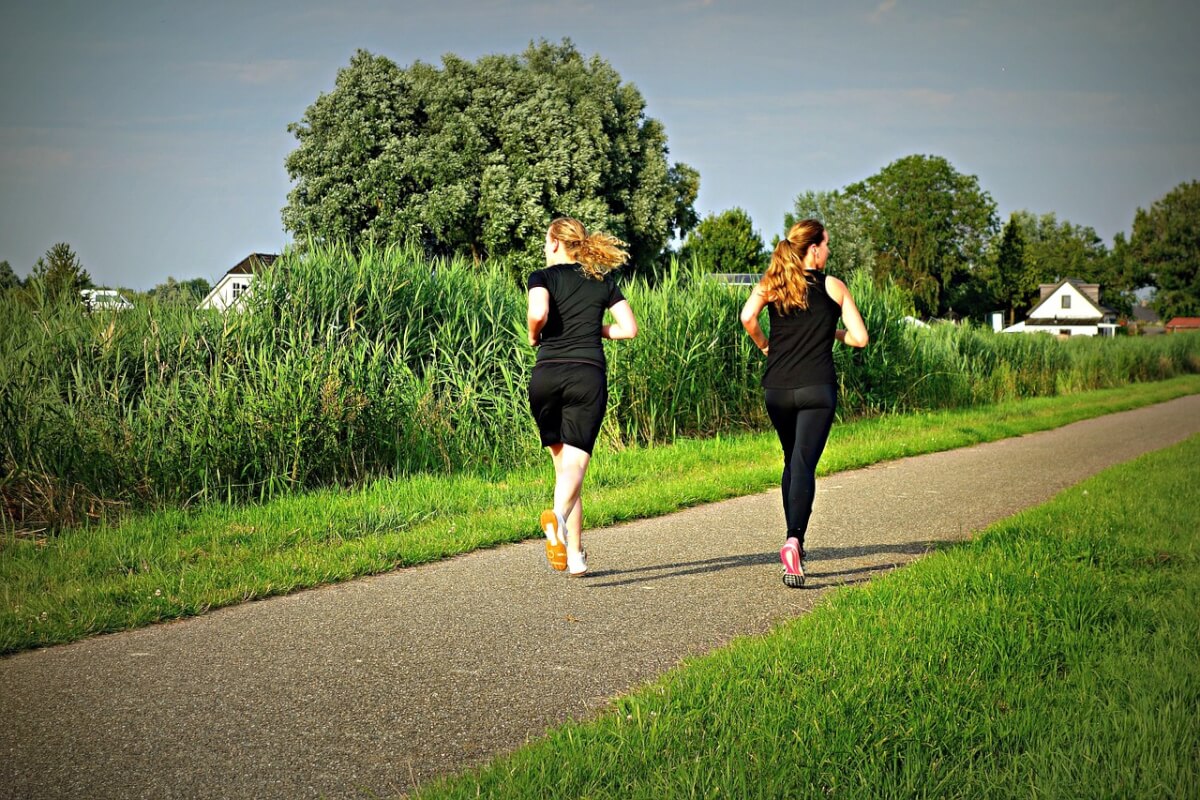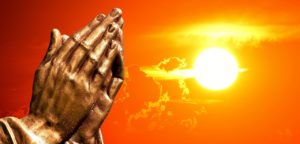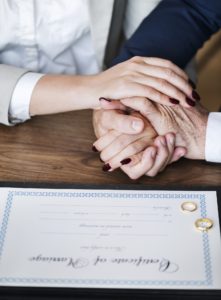Move itthroughout the day! Get enough activity that makes you breathe a little harder.Five minutes here, ten there – add it up and go for thirty minutes a day. Youdon’t have to suit up or climb on an exercise machine to get the benefits ofactivity.
Balance your activity so that you’re still able to talk while you’reexercising, but not as easily as you could sitting down or just standing. Ifyou find yourself unable to talk, you’re probably overworking yourself.
The more you move and use your muscles, the better fit you’ll become. Yourbones will become stronger, too.
Don’t forget the stretching. It will help keep you flexible and able to movemore easily. Do walk around a bit to warm up your muscles—save the stretchingfor the end of your workout so you don’t hurt or damage any muscles. If yousave your stretching to the end of your workout, your muscles will be “warmedup” already and you’ll find that your flexibility is increased with eachstretch!
Work on your balance. Begin by standing on one foot, bracing yourself with onearm. Work towards standing on one foot at a time without holding on to asupport. Just practice this for a few minutes at a time. You’ll find youroverall balance improving greatly.
If your main occupation has been “couch potato” for several months, you’ll wantto start exercising gradually. Little by little build up your activities andhow hard you work at them. Before long, you’ll find yourself moving along withmore energy and vitality!
You hear personal trainers emphasizing this mantra to their clients,“Breathe! Breathe!” For some strange reason, we tend to hold ourbreath when exercising. What you want to get into the habit of is breathing outwhile your muscle is working, and breathing in when it relaxes. So as you’relifting something, breathe out as you lift; breathe in when you stop. At first,you’ll need to remind yourself of this frequently.
Drink plenty of water when you’re doing activities that make you sweat so youdon’t risk dehydration. Dehydration can be measured by pinching the skin on theback of your hand—if you can grab it when you make a fist and it (the skin)stays “up,” you’re dehydrated. You may also feel dizzy, tired, and be moreprone to headaches. So stay hydrated!
Exercise shouldn’t cause you pain. You may feel tired after exercising, but ifyou’re actually hurting, something’s wrong—you’ve overdone it. Try easing upthe next day, and not doing anything that strains the aching muscle too much.Alternate cold and heat on the aching area, and if your doctor okays it, takeibuprofen or naproxen sodium to relieve the pain.

Exercise — Take The Burn Out Of It!
Please follow and like us:
More from UncategorizedMore posts in Uncategorized »




